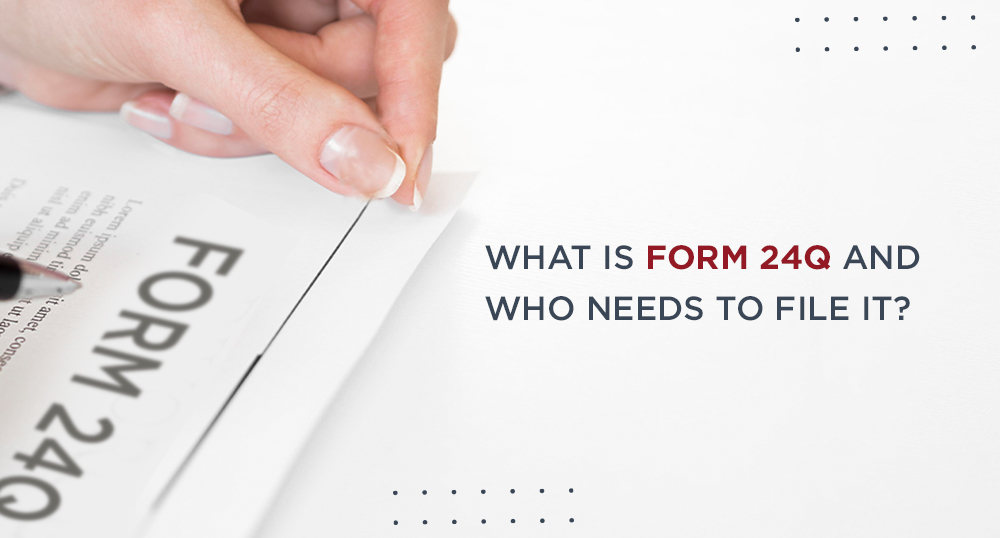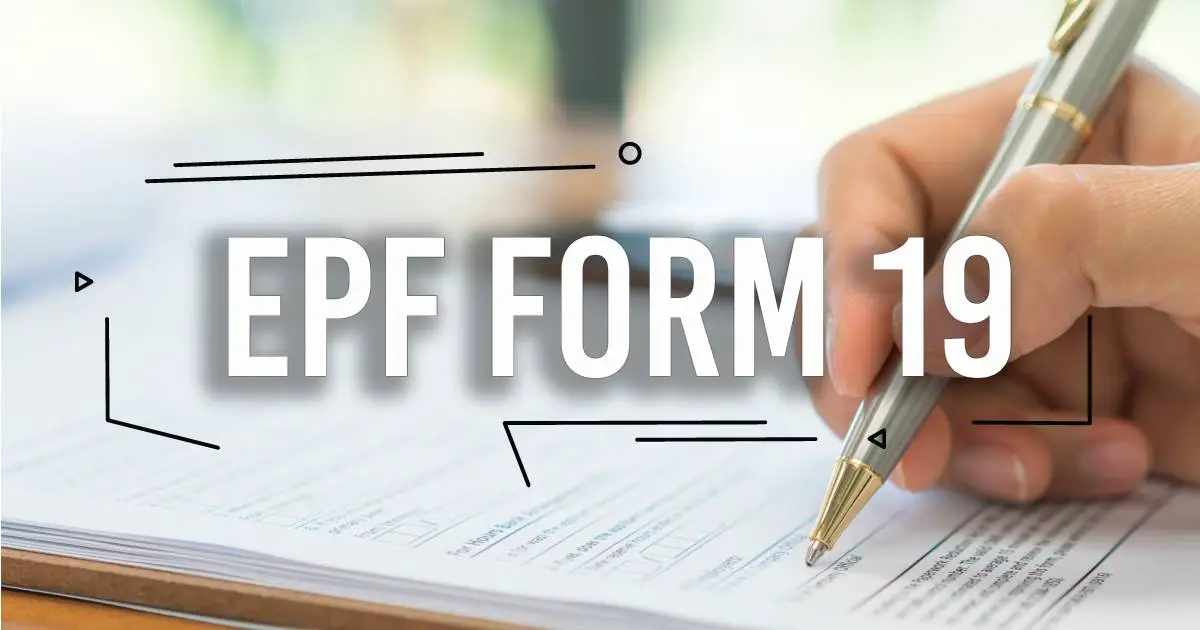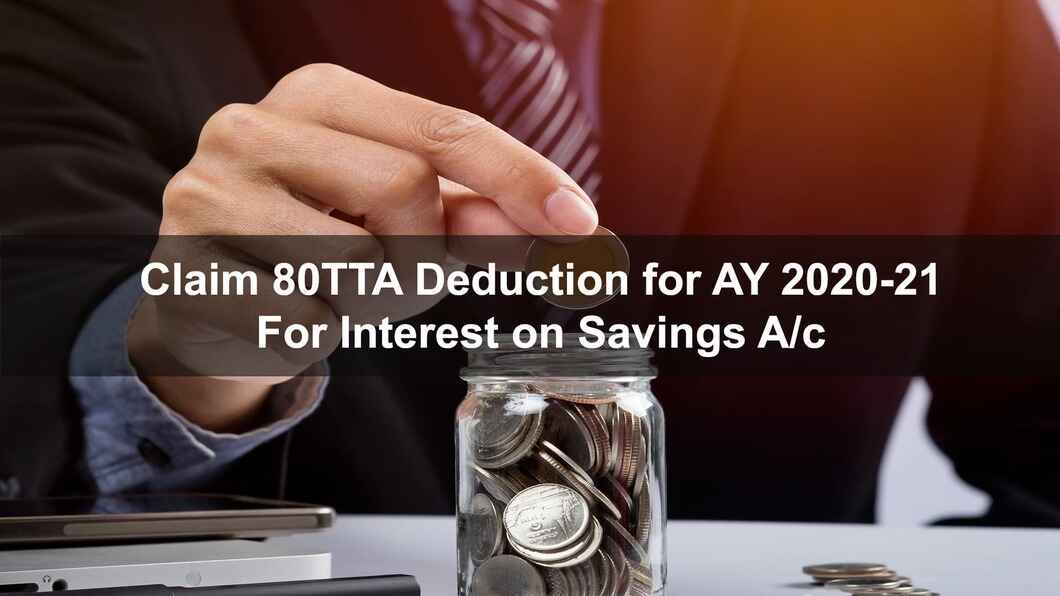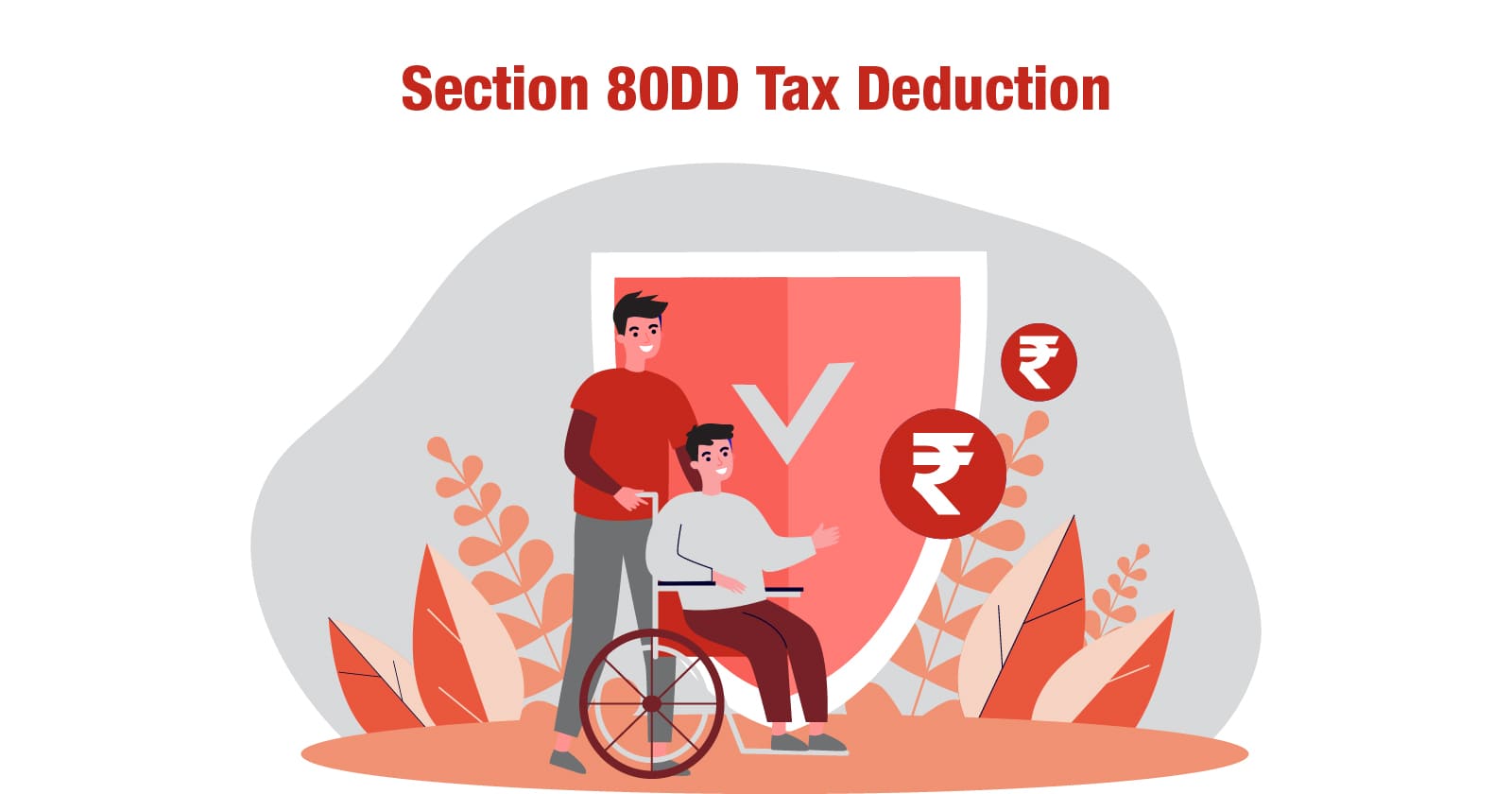Demystifying the 80GG Deduction: Your Ultimate Guide to Tax Savings
Are you a taxpayer looking to reduce your tax burden while renting a home? The 80GG deduction might be your key to significant tax savings. In this comprehensive guide, we’ll unravel the intricacies of the 80GG deduction, helping you navigate the tax landscape with confidence.

Understanding the 80GG deduction is essential for any taxpayer, especially if you’re not eligible for House Rent Allowance (HRA). Recent updates in tax laws have made it even more crucial to grasp the nuances of this deduction. Let’s dive into what the 80GG deduction entails and how it can work to your advantage.
80GG
Before delving into the specifics of the 80GG deduction, let’s grasp the fundamentals. This section will clarify who can benefit from this deduction and under what circumstances.
Eligibility for 80GG Deduction
To claim the 80GG deduction, you must meet certain criteria:
- No HRA Benefit: You should not receive House Rent Allowance from your employer.
- Rent Payment: You must pay rent for the accommodation you reside in.
- No Self-Occupied Property: You should not own a house in the city where you work.
- Income Criteria: Your income should not exceed a specified limit.
For a deeper understanding, let’s break down these criteria:
No HRA Benefit
The 80GG deduction primarily benefits individuals who do not receive HRA as part of their salary package. If you’re not sure whether you’re eligible for HRA, check your salary slip or consult your HR department.
How to Calculate 80GG Deduction
Now that we’ve established the eligibility criteria for the 80GG deduction, let’s explore how to calculate the deduction amount. Understanding this calculation is crucial for maximizing your tax savings.
Step-by-Step Guide to Calculating Your 80GG Deduction
To calculate your 80GG deduction accurately, follow these steps:
1. Determine Your Total Annual Rent Paid
Start by calculating the total annual rent you’ve paid for the accommodation where you reside. Ensure you have rent receipts and records as evidence.
2. Calculate 10% of Your Total Income
Next, calculate 10% of your total income for the assessment year. Your total income includes your salary, business income, and any other sources of income.
3. Find the Difference
Now, find the difference between the total annual rent paid (Step 1) and 10% of your total income (Step 2).
4. Maximum Deduction Limit
The maximum deduction limit under Section 80GG is currently set at Rs. 5,000 per month or 25% of your total income, whichever is lower.
5. Compare and Claim
Compare the difference you calculated in Step 3 with the maximum deduction limit determined in Step 4. You can claim the lower of the two amounts as your 80GG deduction.
Real-Life Example
Let’s illustrate this calculation with a real-life example:
Suppose your total annual rent paid is Rs. 60,000, and your total income for the assessment year is Rs. 4,00,000. Here’s how the calculation would work:
- 10% of your total income: 10% of Rs. 4,00,000 = Rs. 40,000
- Difference between rent paid and 10% of income: Rs. 60,000 – Rs. 40,000 = Rs. 20,000
- Maximum deduction limit: 25% of total income (Rs. 4,00,000) = Rs. 1,00,000
In this case, you can claim Rs. 20,000 as your 80GG deduction since it’s lower than the maximum deduction limit of Rs. 1,00,000.
Understanding how to calculate your 80GG deduction ensures you make the most of this tax-saving opportunity.
Tips for Maximizing Your 80GG Deduction
Now that you understand how to calculate your 80GG deduction, it’s time to explore strategies for optimizing your tax savings through this deduction. Here are some actionable tips to help you make the most of it:
1. Ensure Accurate Rent Records
To claim the 80GG deduction, maintaining accurate rent records is crucial. Keep a record of all your rent payments, including receipts and rental agreements. This documentation will serve as evidence when filing your taxes.
2. Explore Family Benefits
If you live with your family members and share the rent, you can collectively claim the 80GG deduction. Ensure that all co-tenants contribute to the rent payment and have the necessary documentation to support the claim.
3. Optimize Your Total Income
Since the 80GG deduction is subject to your total income, consider strategies to optimize your income legally. Consult with a financial advisor to explore options for reducing your taxable income while staying within the bounds of the law.
4. Stay Informed About Changes
Tax laws and deductions can change from year to year. Stay informed about any updates or changes related to the 80GG deduction. This ensures you continue to benefit from this tax-saving opportunity.
5. Seek Professional Guidance
If you find the process of calculating and claiming the 80GG deduction complex, consider seeking professional tax advice. A tax expert can provide personalized guidance to optimize your savings while ensuring compliance with tax laws.
Documents Required
To successfully claim the 80GG deduction and avoid any complications during tax filing, you’ll need to have the right documents in place. Here’s a list of essential documents you should maintain:
1. Rent Receipts
Rent receipts are crucial evidence of your rent payments. Ensure you collect and safely store rent receipts for all the payments you make to your landlord. These receipts should include details such as the rent amount, the landlord’s name, and the period for which the rent is paid.
2. Rental Agreement
A legally binding rental agreement between you and your landlord is essential. This document outlines the terms and conditions of your tenancy, including the rent amount, tenure, and any other relevant clauses. It serves as proof of your occupancy.
3. Income Proof
You may need to provide income proof to establish your eligibility for the 80GG deduction. This can include salary statements, bank statements, or any other documents that demonstrate your income.
4. Form 10BA
While filing your tax return, you’ll need to submit Form 10BA. This form is specifically designed for claiming deductions under Section 80GG. It requires you to provide details of your rent payments and the calculation of the deduction.
5. PAN Card of Landlord
In some cases, you may be required to provide your landlord’s PAN card details. This is especially important when your annual rent exceeds a certain limit, and TDS (Tax Deducted at Source) rules come into play.
6. Bank Statements
Bank statements can serve as additional evidence of your rent payments. They show the debits made for rent transactions and can be useful for cross-verification.
7. Aadhar Card and Other Identification Documents
Your Aadhar card or other government-issued identification documents may be required for identity verification during the tax filing process.
Ensuring you have these documents in order will streamline the process of claiming the 80GG deduction and help you avoid any potential issues during tax filing. It’s essential to keep these records organized and readily accessible when needed.
Common Mistakes to Avoid
While claiming the 80GG deduction, taxpayers often make common mistakes that can lead to complications or even the rejection of their claims. To ensure a smooth tax filing experience, here are some pitfalls to steer clear of:
1. Incomplete or Inaccurate Rent Records
One of the most frequent errors is failing to maintain complete and accurate rent records. Missing rent receipts or discrepancies in the rent amount can raise red flags during tax assessment.
2. Delaying Rent Payments
Ensure you pay your rent on time. Delayed rent payments may lead to disputes with your landlord and can affect the eligibility for the 80GG deduction.
3. Overlooking the Income Criteria
To claim the 80GG deduction, your income must not exceed the specified limit for the assessment year. Ignoring this criterion can result in the invalidation of your claim.
4. Failure to Submit Form 10BA
Submitting Form 10BA is mandatory when claiming the 80GG deduction. Failure to include this form in your tax filing can lead to your claim being rejected.
5. Not Cross-Verifying Details
It’s essential to cross-verify the details provided in your tax return, especially if you’re claiming the 80GG deduction. Any inconsistencies can lead to scrutiny by tax authorities.
6. Lack of Professional Guidance
Navigating tax laws can be complex. Avoid the mistake of not seeking professional guidance when needed. A tax expert can ensure that you’re making the most of the deduction while remaining compliant with the law.
7. Ignoring Updates in Tax Laws
Tax laws can change from year to year. Failing to stay updated with these changes can result in missed opportunities for tax savings. Keep yourself informed about any revisions related to the 80GG deduction.






